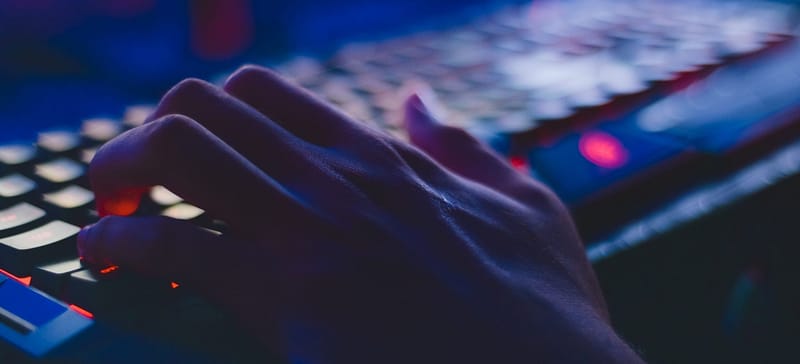Facebook is a social networking platform founded by Mark Zuckerberg in 2004. It started as a platform for college students to connect and share information, but quickly grew into a global network with billions of users. Facebook allows users to create a personal profile, connect with friends and family, join interest groups, and share content such as photos, videos, and updates. The platform is widely used for personal and business purposes, but it has also been criticized for a variety of reasons. These criticisms include issues with privacy and security, the spread of misinformation, and the negative effects on mental health. Despite these concerns, Facebook remains one of the largest and most influential social media platforms in the world, and is likely to continue to play a major role in shaping how people communicate and consume information in the future.
Privacy concerns: One of the major criticisms of Facebook is the lack of privacy protection for users. The platform has been accused of collecting and sharing user data with third-party companies without consent. Additionally, Facebook’s algorithm can track user activity and gather information about their interests, which can be used for targeted advertising. Facebook has faced a number of controversies and criticisms over the years. Some of the major issues with the social media platform include:
- Spread of misinformation: Facebook has been criticized for allowing false information, conspiracy theories, and misinformation to spread on its platform. This has been seen as a threat to democracy and public health, as well as causing confusion and division among users. The platform has made attempts to address these issues, but they have not been completely successful.
- Addiction: Facebook can be addictive and can interfere with people’s real-life relationships. The constant need to check updates, notifications, and messages can lead to a decrease in productivity and an increase in feelings of loneliness and isolation.
- Cyberbullying: Facebook has also been linked to instances of cyberbullying, where users can harass, bully, or threaten other users anonymously. This can lead to serious emotional distress for the victims and can also escalate to real-life violence.
- Polarization: Facebook’s algorithm, which shows users content that is most relevant to their interests, can lead to the reinforcement of people’s biases and the creation of echo chambers. This can contribute to the polarization of society and the spread of extremist views.
- Election interference: Facebook has been criticized for its role in the interference of elections by foreign entities. In the 2016 US presidential election, Russian operatives used the platform to spread false information and sow division among the American electorate. Facebook has since taken steps to prevent similar incidents, but it is a ongoing challenge to ensure that the platform is not used to interfere in democratic processes.
Overall, Facebook has faced criticism for its negative impact on society, the spread of misinformation and hate speech, and for not doing enough to protect the privacy and well-being of its users.





